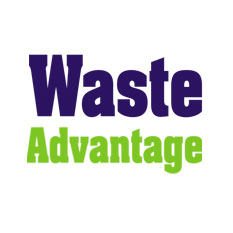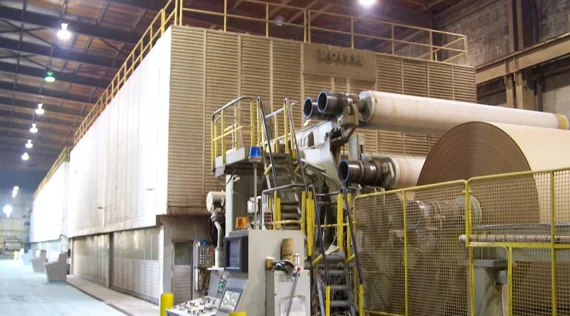How to Better Recycle All Those Batteries? This UC San Diego Professor Has Some Ideas
Battery Recycling | 2019-03-11 06:37:28
With $15 million in funding for three years, the program will bring collaborators from universities and national laboratories to develop new methods for separating and reclaiming materials from spent batteries in electric vehicles.
SEATTLE (Waste Advantage): The U.S. Department of Energy recently launched its first lithium-ion recycling hub, called the ReCell Center, and a UC San Diego professor will add his expertise in the campaign to help the United States grow a competitive recycling industry and reduce the country’s reliance on foreign sources of battery materials. “The short-term goal is to reduce the cost of lithium-ion battery cells by 30 percent,” said Zheng Chen, assistant professor and nanoengineer at the Sustainable Power and Energy Center at the Jacobs School of Engineering. “This means everyone will pay less for cellphones, laptops and electric vehicles.”
With $15 million in funding for three years, the program will bring collaborators from universities and national laboratories to develop new methods for separating and reclaiming materials from spent batteries in electric vehicles or EVs. Researchers will then scale up the most promising technologies at the ReCell Center, located at the Argonne National Lab, where participants can use research and development tools not found in their own laboratories.
In demand for their faster charging and longer life capabilities, lithium-ion batteries are found in smartphones, laptops and other electronic devices. But when consumers buy new products, the batteries from those old devices often end up in landfills or tucked away in drawers and closets. Lithium-ion batteries are also found in most plug-in hybrids and EVs but the batteries in vehicles are much larger, making them harder to recycle.
Plus, the cathodes of batteries in EVs, smartphones and laptops require cobalt. But 54 percent of the world’s supply of cobalt is found in one country — the Democratic Republic of Congo, which has a history of political instability. Human rights groups have documented instances of child labor in Congo to extract the metal. The world also has a finite supply of lithium. Currently, lithium-ion batteries are recycled at a rate of less than 5 percent.
In his work at UC San Diego, Chen has developed a way to recycle used cathodes from spent lithium-ion batteries and restore them to the point where they work as good as new. The next step is to streamline the process and make it commercially viable. Chen said he and his team will mainly conduct their work at UC San Diego but will travel to the ReCell Center to discuss their project and collaborate with others.
“In the long-term, this project can significantly reduce our reliance on expensive metals such as lithium and cobalt, which we have to import from other countries, and their global reservoir is limited,” Chen said in an email. “By reducing the needs from mining natural resources, we also save our environment.”
Courtesy: https://wasteadvantage.com
 By
By 